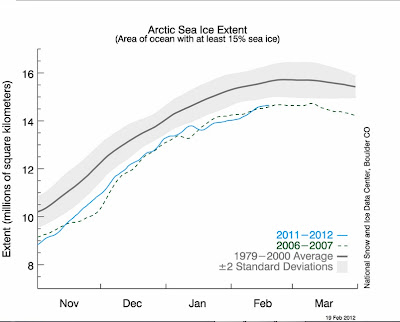| From Wikipedia |
Climate science designed to foster the UN equality agenda
has often been described as zombie science. It may be as dead as a dodo but it
won’t lie down.
Of course the reason the apocalyptic CO2 corpse won’t lie
down is because it is still propped up by UN treaties plus EU and national laws
and policies. So it won’t expire properly while there is still enough funding
for it to lurch around spewing putrid nonsense.
The same applies to the IPCC
which is busy casting the runes for another report (AR5) on
the state of our climate with the same policy agenda as the four previous
reports. What will it say? Hardly anyone seems to care. The number of people
who know it to be an international fraud grows year by year, yet still it blunders
on trying to scare the pants off the gullible and their children.
But the problem of zombie bureaucracy is wider than the IPCC
and its brain-dead antics. Too many bureaucracies relapse into a zombie state decades
before they are closed down. If indeed they are ever closed down. They survive as
the undead by promoting their own funding rather than doing something useful.
The UK is infested with zombies, the BBC, NHS and state
education to name only three. Reorganization isn’t the answer because we end up
with the same people pursuing the same zombie agenda.
In many ways this is what free enterprise is all about. It’s
about maintaining a certain dynamism where the zombies are actually laid to rest.
Free enterprise has its problems, but the dead hand of zombie bureaucracy poses greater dangers.
Because the zombies have gone global.
Looping back to the IPCC and behind that the UNFCCC, we have two major zombies in dire
need of cremation. They are costing the global economy hundreds of billions in absurdly
misdirected energy and environmental policies, yet we have no means of killing
them off. Poking holes in the science has become too easy and in many ways
misses the point because the science is zombie science propped up with funding.
The undead don’t generally respond to even the most telling criticism.
What to do? The only option I see is to draw back from our hopelessly
naive foray into too many binding international treaties, particularly with the
EU and UN. To have any chance of achieving that, we have to vote more
radically. The three main UK political parties joined the legions of the undead
years ago and it’s time to wake up and smell the stench.






















